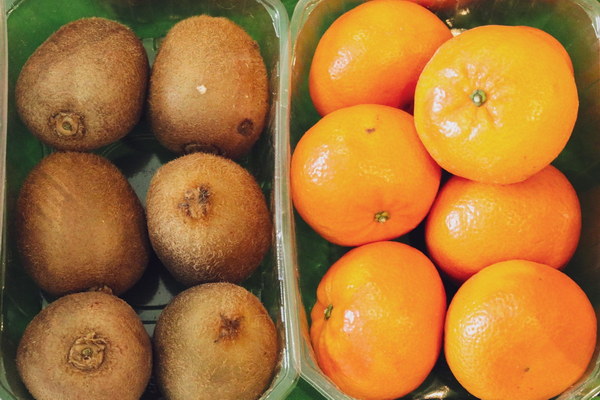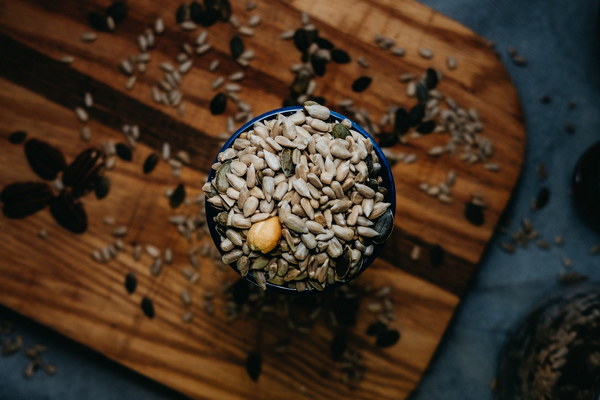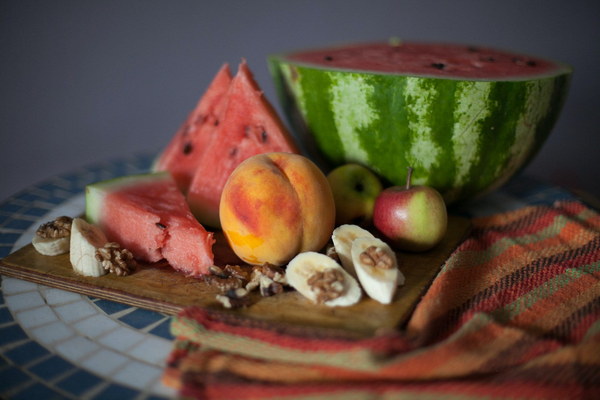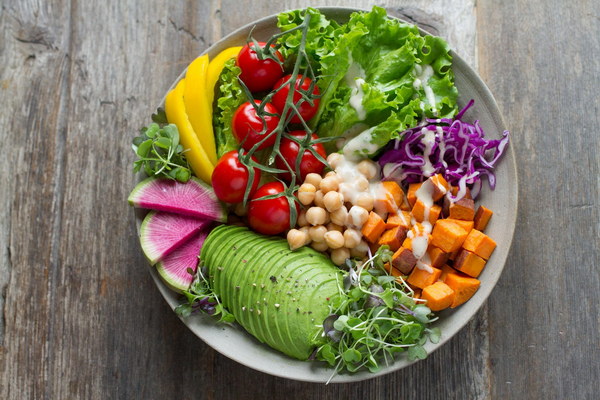Can Dietery Practices Control Kidney Stones Exploring Natural Solutions for Prevention and Management
Introduction:
Kidney stones are a common health concern affecting millions of people worldwide. These hard deposits formed from minerals and salts in the urine can cause severe pain, discomfort, and potential complications if left untreated. While conventional treatments exist, many individuals are turning to alternative approaches, including diet and lifestyle modifications, to manage and prevent kidney stones. In this article, we will explore the role of diet in controlling kidney stones and discuss various natural solutions for prevention and management.
The Role of Diet in Kidney Stone Formation:
Understanding the role of diet in kidney stone formation is crucial in addressing the condition effectively. Certain dietary factors can increase the risk of kidney stone formation, while others may help in reducing the risk.
1. High Oxalate Foods:
Oxalate is a natural compound found in many foods, and excessive consumption can lead to the formation of calcium oxalate kidney stones. Foods high in oxalate include spinach, rhubarb, beets, chocolate, and nuts. Moderating the intake of these foods is essential in managing kidney stone formation.
2. High Salt Intake:
Eating a diet high in salt can lead to increased calcium levels in the urine, which can promote the formation of kidney stones. It is recommended to limit the consumption of processed and packaged foods, which are often high in sodium, and opt for fresh, whole foods instead.
3. High Animal Protein Diet:
A diet high in animal protein can increase the production of uric acid and calcium in the urine, contributing to kidney stone formation. It is advisable to reduce the intake of red meat, poultry, and seafood and incorporate more plant-based protein sources, such as legumes and tofu.
4. High Phosphorus Intake:
High phosphorus levels in the blood can increase the risk of kidney stone formation. Foods high in phosphorus include dairy products, processed meats, and soft drinks. Moderating the consumption of these foods may help in managing kidney stone risk.
Natural Solutions for Kidney Stone Control:
1. Hydration:
Proper hydration is crucial in preventing kidney stones. Drinking plenty of water throughout the day helps dilute the urine, making it less likely for crystals to form and stones to grow. The recommended daily water intake varies depending on individual factors, but generally, it is advised to consume at least 8-10 glasses of water daily.
2. Citrate-Rich Foods:

Citrate helps to prevent kidney stones by inhibiting the formation of crystals and promoting the excretion of calcium in the urine. Foods high in citrate include citrus fruits, such as oranges, lemons, and limes, as well as certain nuts and seeds.
3. Vitamin B6:
Vitamin B6 has been shown to reduce the risk of kidney stones, particularly in individuals with a family history of the condition. Foods rich in vitamin B6 include fish, poultry, legumes, and whole grains. However, it is important to consult a healthcare professional before taking vitamin B6 supplements, as excessive intake can lead to adverse effects.
4. Alkaline Diets:
Alkaline diets have been associated with a reduced risk of kidney stone formation. These diets focus on consuming foods that increase the body's pH level, which helps in dissolving existing kidney stones and preventing new ones from forming. Foods high in potassium, magnesium, and calcium, such as bananas, avocados, leafy greens, and nuts, are recommended in alkaline diets.
Conclusion:
While conventional treatments are essential in managing kidney stones, incorporating natural solutions, such as dietary modifications and lifestyle changes, can play a significant role in prevention and management. By focusing on hydration, limiting the intake of high-risk foods, and incorporating nutrient-rich foods into the diet, individuals can reduce their risk of kidney stone formation and promote overall kidney health. It is crucial to consult with healthcare professionals for personalized advice and to ensure that any dietary changes are suitable for individual health conditions.









